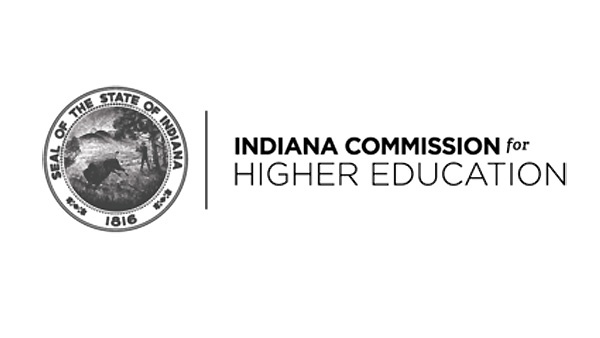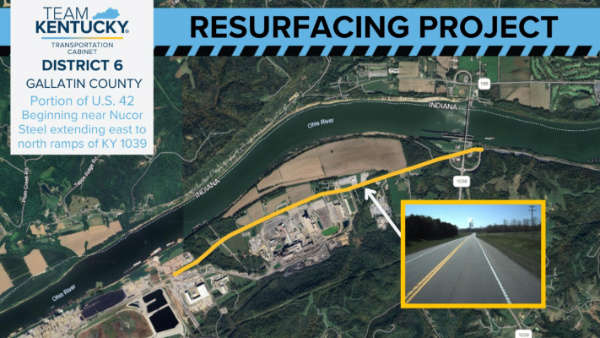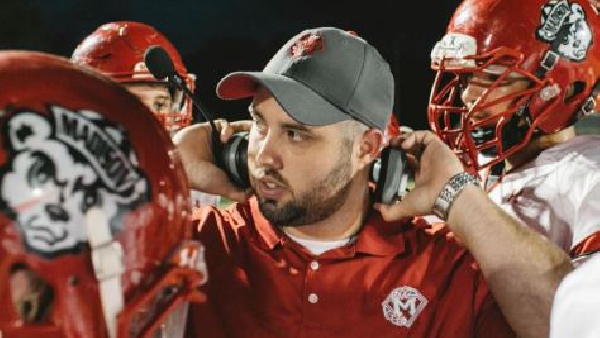The HLC Board of Trustees voted this week to extend the deadline by one year.

(Indianapolis, Ind.) – Faculty in Indiana now have more time to complete requirements in order to continue teaching dual credit courses, says the Indiana Commission for Higher Education (Commission).
In light of the impact of COVID-19, the Commission requested in May that regional college accreditor Higher Learning Commission (HLC) extend the deadline for dual credit instructors to hold a master’s degree and at least 18 credit hours in the content area in which they teach.
The HLC Board of Trustees voted this week to extend the deadline by one year – to 2023 – allowing faculty to have more time to earn the required credentials. In June 2015, HLC issued a policy change putting the instructor requirements into place. Indiana’s Dual Credit Advisory Council analyzed dual credit policies and explored potential solutions to maintain dual credit options for Hoosier students. Indiana Higher Education Commissioner Teresa Lubbers and Indiana Superintendent of Public Instruction Dr. Jennifer McCormick serve on the Dual Credit Advisory Council.
“This spring, Indiana’s dual credit educators shifted their focus to providing high-quality instruction online. This extension allows our educators and institutions more time to meet the requirements to ensure equitable dual credit opportunities provided by qualified instructors,” said Lubbers.
Indiana has made strides to ensure dual credit instructors meet guidelines put into place by the HLC in 2015. Since that time, the Commission, the Indiana Department of Education (IDOE), and the state’s higher education institutions have taken steps to increase the number of dual credit instructors meet the qualifications.
Throughout the past four years, the Commission has invested nearly $10 million in STEM dual credit teacher credentialing. IDOE and the Indiana University Foundation have also each awarded funding to increase the number of qualified dual credit instructors in Indiana.
“During these trying times, it is as important as ever to ensure rigorous and purposeful programming for Hoosier students,” said State Superintendent Dr. Jennifer McCormick. “This granted extension will allow the flexibility needed for teachers to serve students while continuing the process of credentialing and providing cost savings to families.”
These rules affect around 2,000 current dual credit teachers in Indiana, ranging from those needing a few credits in a subject area to those without master’s degrees. Career and Technical Education (CTE) educators are not impacted by the HLC requirements.
Indiana has previously been recognized for instructor eligibility and quality by the HLC. Students who earn dual credit perform significantly better than students who do not on many key indicators, including college-going rate, freshman grade point average, credit hours completed, and college graduation rates.
“The quality of Indiana’s dual credit instruction and outcomes have never been the question,” said Lubbers. “This extension allows educators and dual credit instructors to continue to provide quality dual credit opportunities to students throughout Indiana, despite the hardships brought on by COVID-19.”

 USPS Reminds Public Fireworks Don't Belong in the Mail
USPS Reminds Public Fireworks Don't Belong in the Mail
 Resurfacing Project on U.S. 42 in Gallatin County
Resurfacing Project on U.S. 42 in Gallatin County
 JD Shelburne to Debut at the Grand Ole Opry
JD Shelburne to Debut at the Grand Ole Opry





